Planning Your Trip: Travel, Accommodation, and Logistics
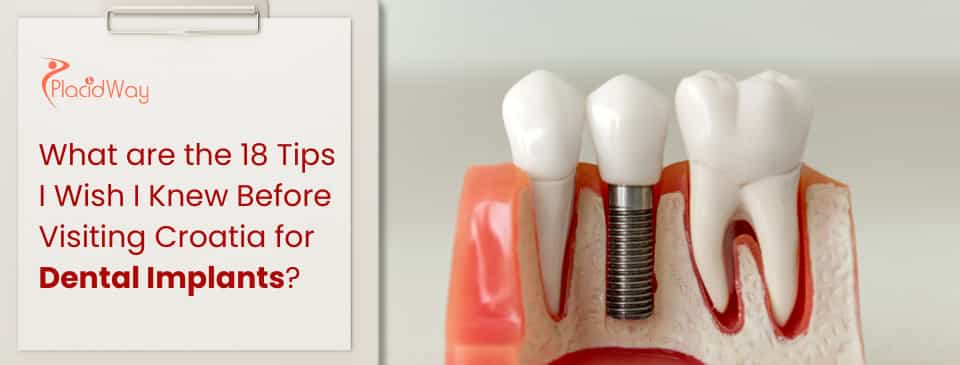
Dental implants are a life-changing solution for missing teeth, restoring not just your smile but also your confidence and ability to eat and speak normally. However, the high cost in many Western countries can make the procedure feel out of reach. This is why more people are turning to dental tourism, with countries like Croatia emerging as a premier destination. Combining high-quality, modern dental care with a beautiful vacation spot, Croatia offers a compelling alternative. But a trip for a medical procedure abroad requires careful planning.
This guide provides 18 essential tips that people who have gone through the process wish they had known beforehand, covering everything from initial research and cost considerations to travel logistics and post-operative care. Our aim is to give you a comprehensive roadmap, so you can focus on the excitement of your new smile without any unexpected surprises.
What is the average cost of dental implants in Croatia?
One of the main draws of dental tourism in Croatia is the incredible savings. A single dental implant, which might cost several thousand dollars in the US or UK, is significantly more affordable here. The lower operational costs and cost of living in Croatia allow clinics to offer top-tier services at a fraction of the price. However, it's crucial to understand that this is often the cost for the implant itself. Additional procedures like abutments, crowns, bone grafts, or sinus lifts will add to the total price. When you get a quote, always ask for a detailed, itemized breakdown to see what is included.
How do I find a reputable clinic for dental implants in Croatia?
Finding a trustworthy clinic is the most important step. A good clinic will be transparent about its accreditations and the expertise of its staff. Here’s a checklist for your research:
- Certifications: Ensure the dentists are certified and have memberships in professional organizations.
- Experience: Look for dentists with extensive experience specifically in implantology, and ask for their success rates.
- Technology: A modern, high-quality clinic should use advanced technology like 3D CBCT scans, digital X-rays, and CAD/CAM systems.
- Reviews and Testimonials: Search for reviews on Google, Facebook, and medical tourism forums. Pay close attention to what people say about communication, professionalism, and post-operative care.
What is included in a dental implant package in Croatia?
The term "package" can mean different things, so it's essential to get a clear understanding. Some clinics include everything you need for the implant, while others may add perks to attract international patients. Always ask for a detailed list of what is included. For example, some clinics will include a free initial examination, a panoramic X-ray, or airport transfers. This can add significant value and simplify your trip. Be cautious of packages that seem too cheap, as they might not include the full cost of all necessary components.
How long does the dental implant procedure take in Croatia?
The procedure for dental implants is a multi-stage process that requires patience. It's not a one-and-done trip.
- First Trip: This visit is for the initial consultation, diagnostics, and the surgical placement of the titanium implant. This usually takes between 2 to 3 days. After the procedure, the implant is left to fuse with the jawbone in a process called osseointegration.
- Healing Period: This crucial period of healing lasts for about 3 to 6 months, depending on your individual healing process and bone density.
- Second Trip: Once the implant has fully integrated, you will return to the clinic to have the final abutment and crown placed. This visit typically lasts a few days.
This staged approach ensures the long-term success of the implant.
What are the best cities for dental tourism in Croatia?
Croatia offers a variety of beautiful and accessible cities for dental tourism, each with its own appeal.
- Zagreb: As the capital, Zagreb has the largest concentration of highly advanced dental clinics, many of which cater specifically to international patients. It's an excellent choice if your primary focus is on top-tier medical facilities.
- Split: Located on the stunning Dalmatian Coast, Split allows you to combine your dental trip with a relaxing seaside holiday. Many clinics here offer state-of-the-art care and are experienced with foreign patients.
- Rijeka: Situated on the northern Adriatic, Rijeka is a vibrant city that offers a slightly more relaxed atmosphere than Zagreb or Split, while still providing access to quality dental clinics.
The city you choose will depend on your personal travel preferences.
Do I need a bone graft for dental implants?
A key factor for a successful dental implant is a strong and healthy jawbone. When a tooth is missing for a long time, the jawbone in that area can begin to recede, or "atrophy." During your initial consultation and examination, which will include a panoramic X-ray or a CBCT scan, your dentist will assess your bone density. If it's insufficient, a bone graft procedure will be necessary before or during the implant placement. This will add to the overall cost and healing time, so it's a crucial thing to be aware of and budget for.
Is it common for Croatian dentists to speak English?
Language barriers are a big concern for anyone considering a medical procedure abroad. Fortunately, many dentists and medical staff in Croatia's major cities and tourist areas have been trained to international standards and are proficient in English. It's a key part of their service to medical tourists. Always confirm this during your initial contact with the clinic. A virtual consultation is a great way to check their English proficiency and your comfort level with their communication style.
How should I plan my travel and accommodation?
Your travel plan should be carefully coordinated with your dental appointment.
- Flights: Book your flights in advance to get the best prices. The main international airports are in Zagreb (ZAG), Split (SPU), and Dubrovnik (DBV).
- Accommodation: Look for a hotel or a short-term rental (like an Airbnb) that is close to your clinic. This will make travel for your appointments much easier, especially right after a procedure.
- Local Transport: While some clinics offer airport transfers, you should plan for local transportation using taxis or ride-sharing apps. Major cities in Croatia have excellent public transport as well.
What should I do to prepare before my trip to Croatia?
Preparation is key to a stress-free experience.
- Medical Records: Compile all relevant dental records, including any recent X-rays or CT scans. This helps the Croatian dentist understand your dental history and plan your treatment more efficiently.
- Pre-Trip X-ray: It’s a good idea to get a panoramic X-ray done at home and send it to the clinic beforehand. This allows them to give you a more accurate quote and treatment plan.
- Confirm All Details: Double-check your appointment dates, the full cost, and the payment methods accepted by the clinic. Make sure your passport is valid for at least six months beyond your planned return date.
Will my local dentist provide follow-up care for implants done in Croatia?
After returning home, you will need to maintain your dental implants just like your natural teeth. You should have a conversation with your local dentist beforehand to see if they are willing to perform check-ups and maintenance on the implants. Be aware that some dentists are hesitant to work on procedures done by a different practitioner, particularly from another country. This is a vital point to clarify to ensure you have a long-term care plan for your new teeth.
What are the potential risks and how are they managed in Croatia?
No surgical procedure is without risk, but you can significantly reduce them by choosing a quality clinic. The best clinics in Croatia use the same high-quality implant brands (like Straumann or Nobel Biocare) that are used worldwide. They also follow stringent hygiene and sterilization protocols. Many clinics offer a warranty on their work, covering a new implant or a portion of the cost in case of failure. Always ask about the warranty terms and what happens if a problem arises after you have returned home.
Ready to explore your options for dental implants and other healthcare services? Explore PlacidWay's network of world-class clinics and hospitals to find the perfect solution for your needs.




.png)







.png)
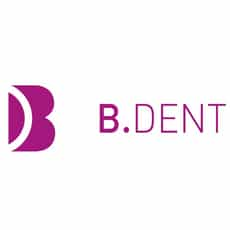
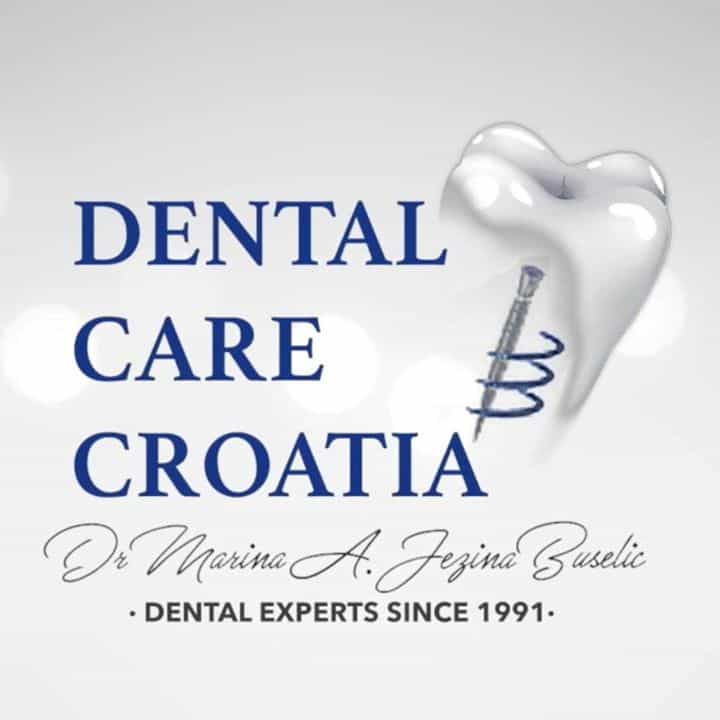
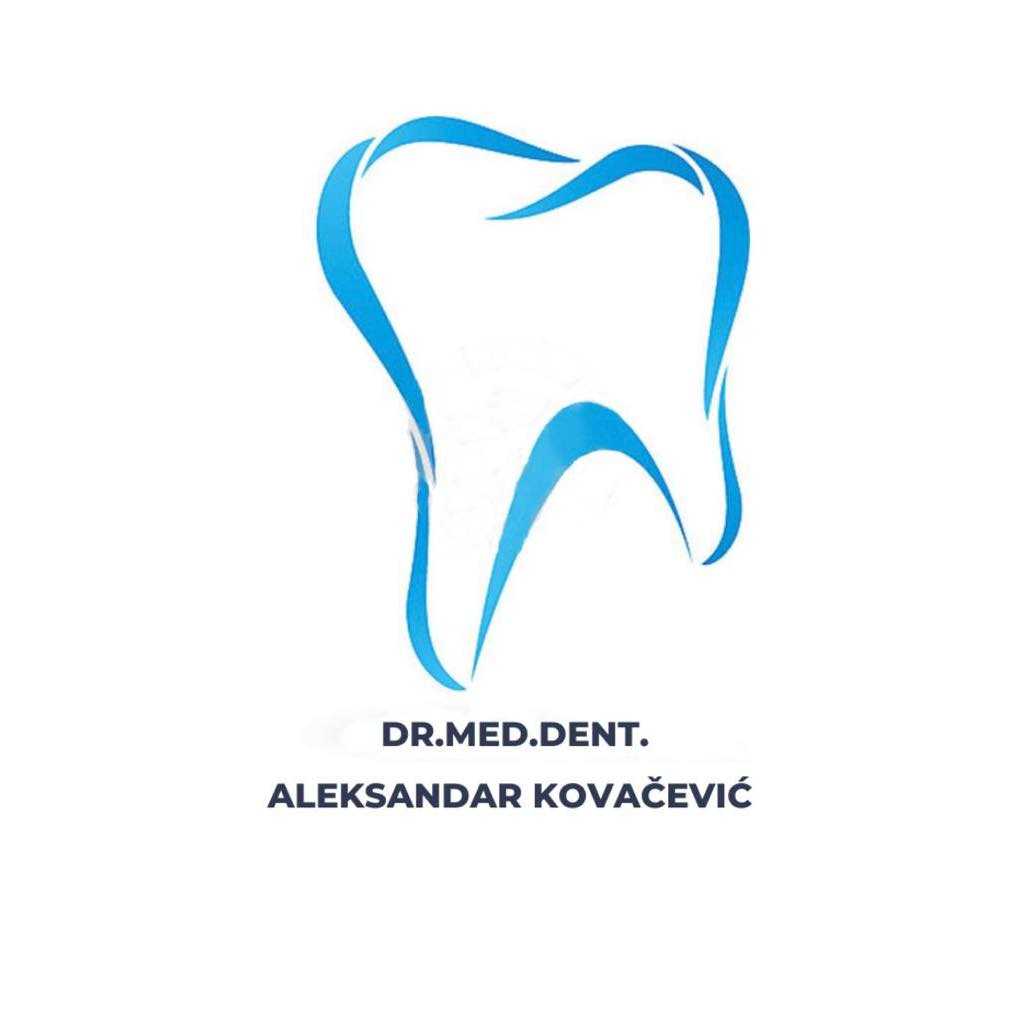
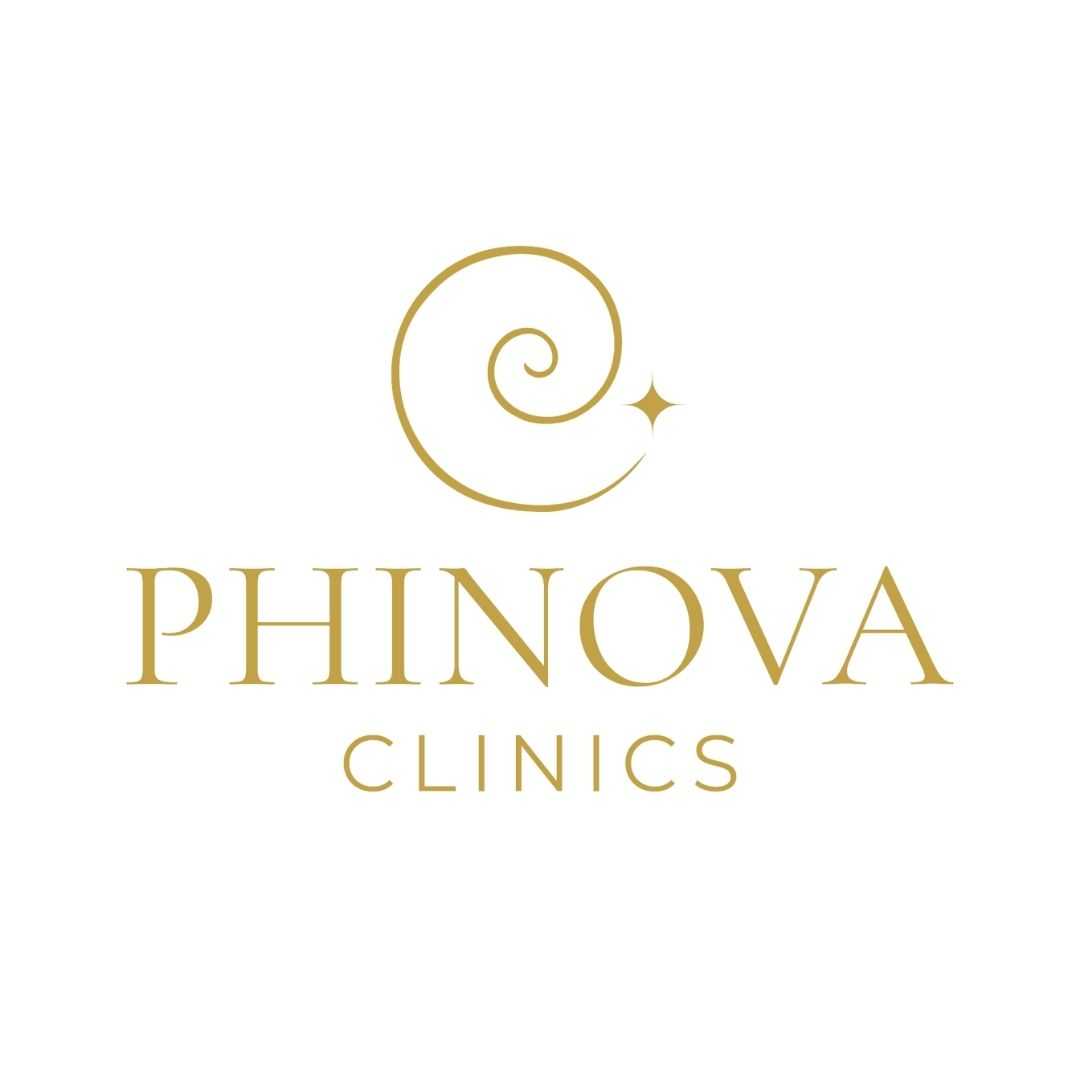
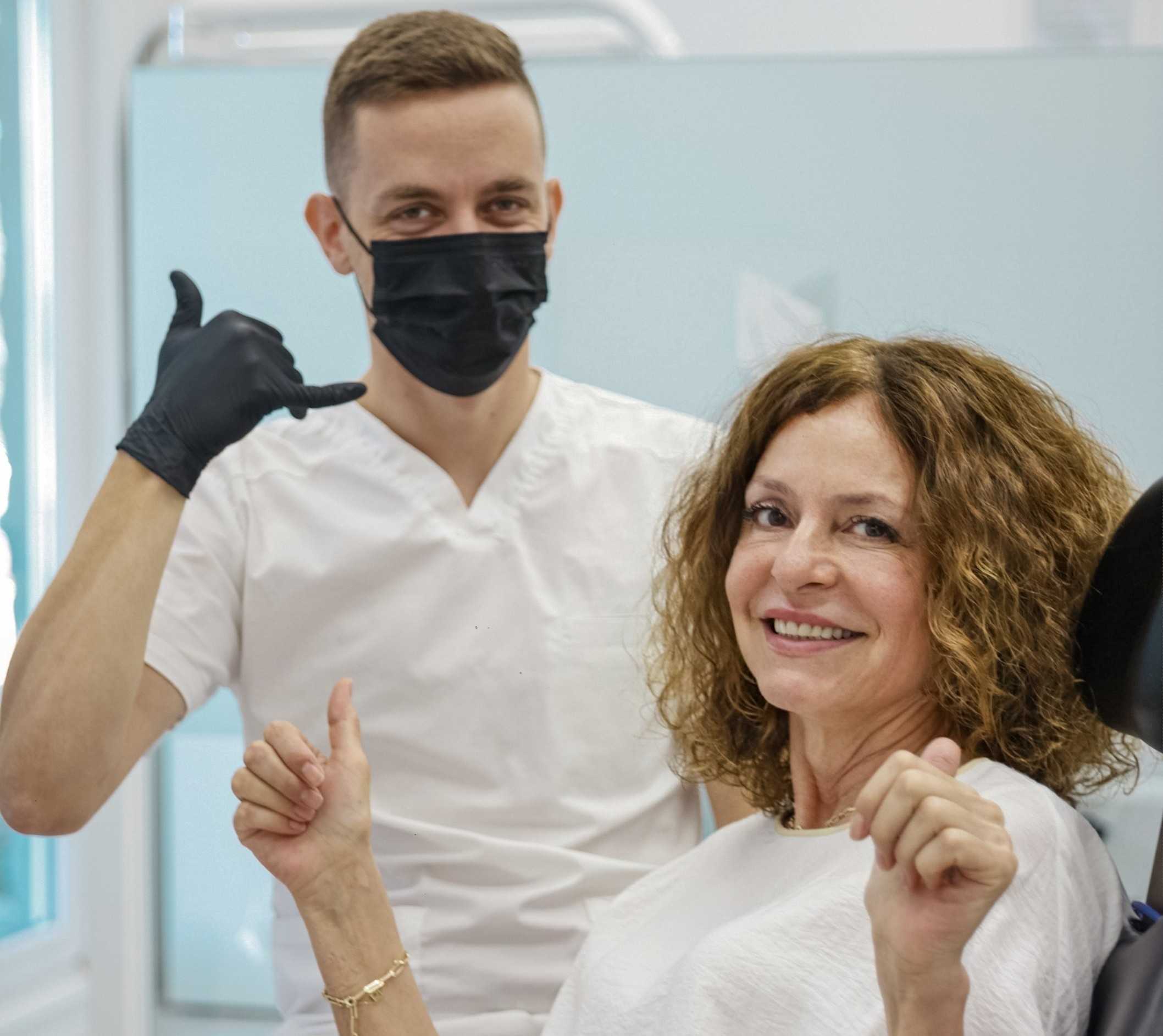

Share this listing